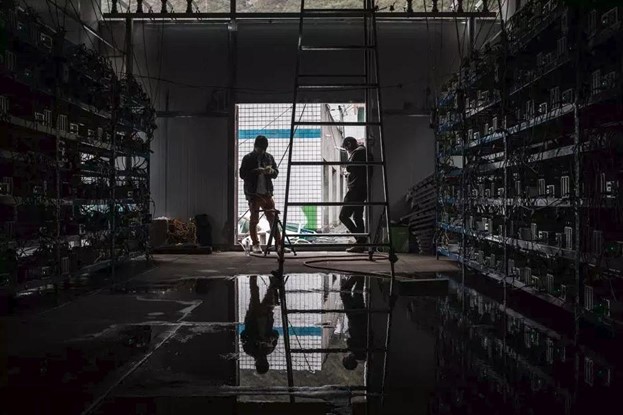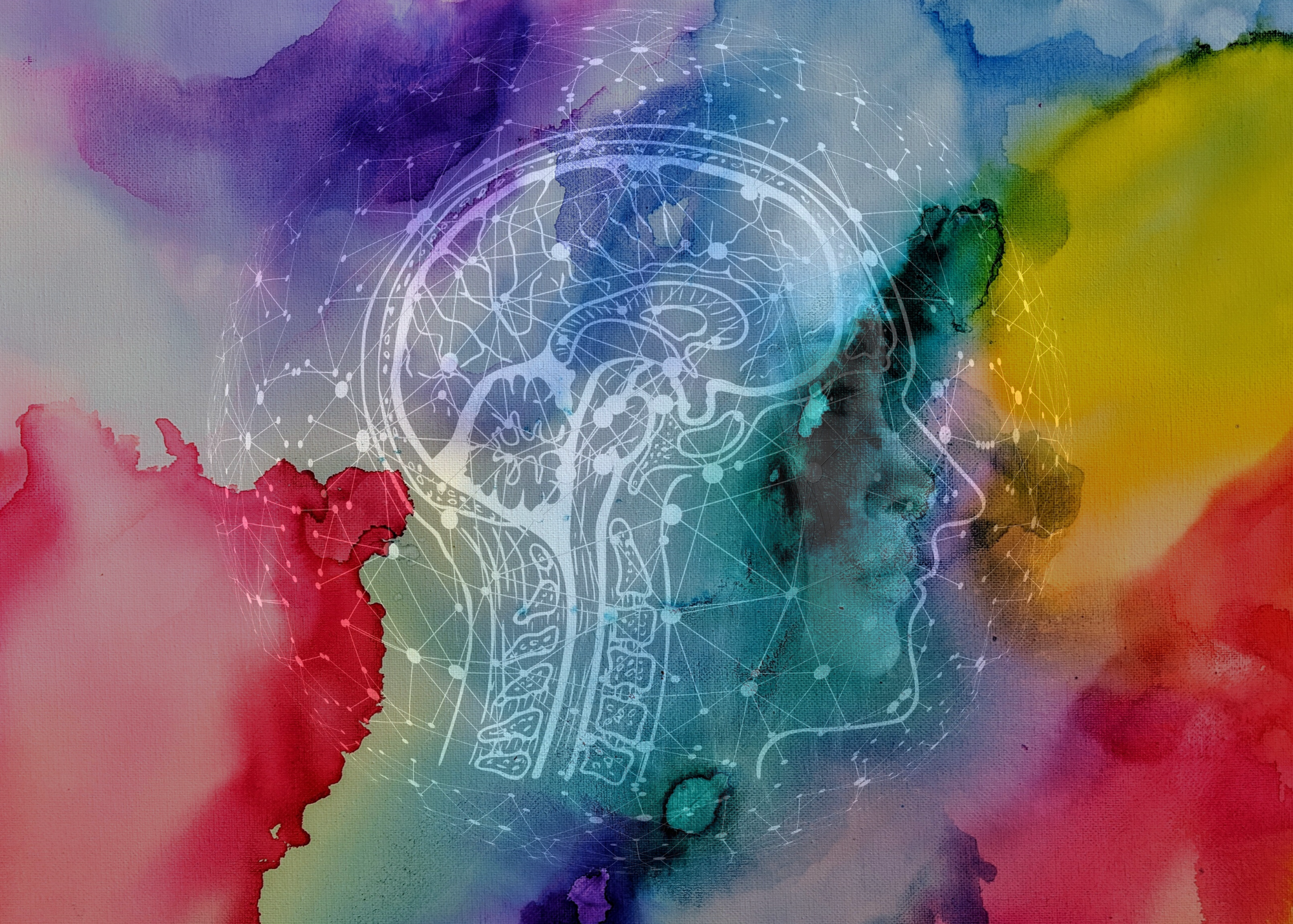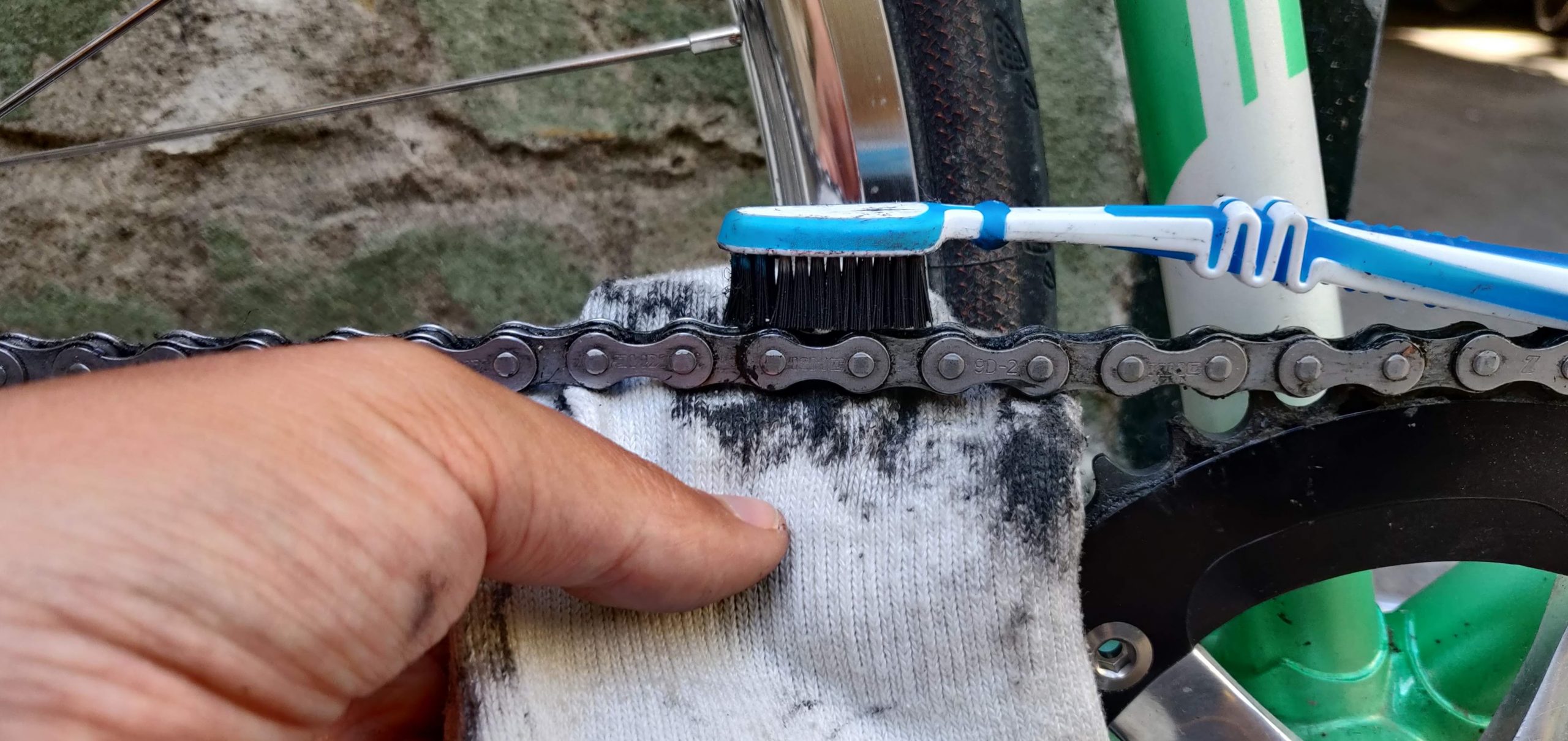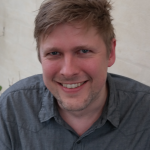Technologies in Practice is one of Scandinavia’s leading research groups at the intersection of IT and society. Based at the IT University of Copenhagen, we conduct qualitative studies of technologically mediated practices in organisations and everyday life.
The vast majority of societal challenges demand critical engagement with contemporary technologies.
Our interdisciplinary environment provides students and researchers with the resources necessary for analysing entanglements of the social and technical with and through IT.
News
Gad in DR: The digital state challenges the citizens’ trust
Associate Professor Christopher Gad was interviewed for Danish media, DR, about how the digitalisation of the Danish state affects citizens’ trust in governing institutions. The Danish government has recently launched 22 initiatives that are meant to ensure “world class digital service”. One of the initiatives is a platform through which the citizen gets access to […]
TiP Talk by Professor Jennifer Gabrys: How to Do Things with Sensors
The Technologies in Practice (TiP) research group at the ITU is happy to present Professor of Media, Culture and Environment in the Department of Sociology at the University of Cambridge, Jennifer Gabrys, as our next speaker in our TiP Talk Speaker Series. Details Title: How to Do Things with Sensors When and where: Thursday, 22nd of […]
TiP on Twitter
Tweets by @TiP_ituResearch
We are an interdisciplinary group, with a shared interest in qualitative studies of technologically mediated practices. Our work is funded by the Danish Research Council, European Union's Horizon 2020 program, Carlsberg Foundation, Innovation Foundation, Novo Nordisk and the Velux Foundation.
Teaching
We closely integrate our role as educators with our work as a research group. Our international faculty use insights from around the world in their teaching. Our teaching draws on disciplinary backgrounds such as information studies, history, anthropology, sociology, and critical computer science. We aim to help students address the critical questions arising at the intersection of society and technology.





